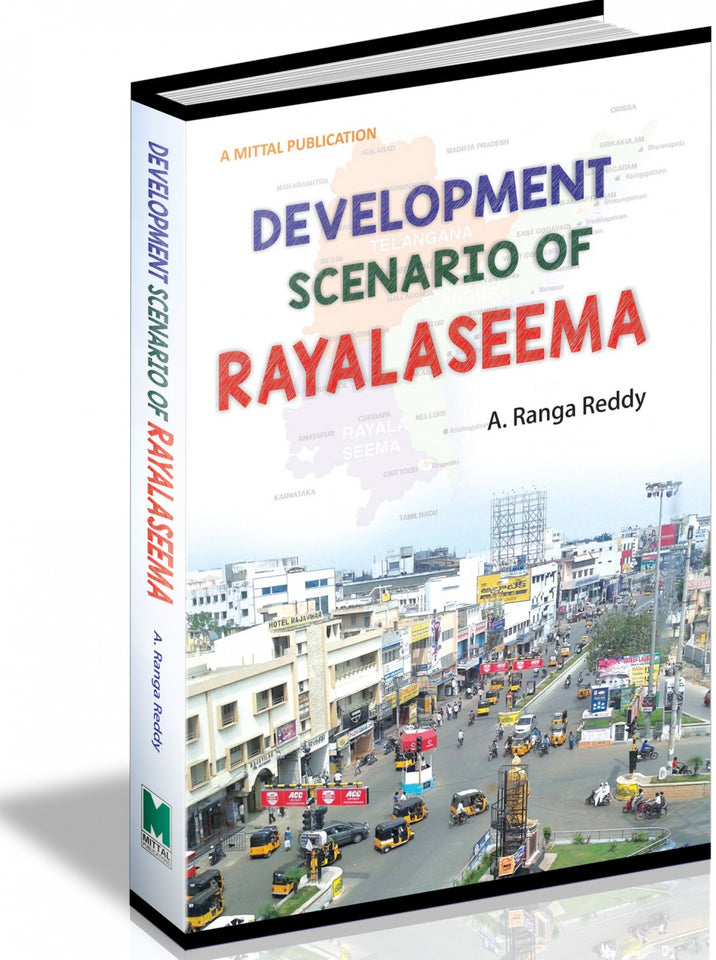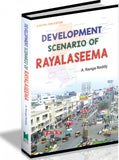Development Scenario of Rayalseema
Regular price
Rs. 1,250.00
The book deals about Rayalaseema development in first decade of 21st Century. 60 percent of peoples’ livelihood is still on dry land agriculture. Among them below 25 per cent are depending on irrigation in different sources. Every year some part is found in drought in this region. 450 TMC water is needed as a source for development, which is a scarce commodity. Of course, Hindri-Niva, Galeru Nagari, Srisailam Right Bank Canal, Kurnool – Cuddapph Canal, Telugu Ganga were partially irrigated the western and eastern parts, which are depending on Srisailam backwaters. Backwardness breeds factionalism, corruption, feudalism, fanatism, failure of institutions and deficiency of leadership in the region. Though some leaders want for separate Rayalaseema, Central leadership is not interested over smaller States for good governance. The region had ever charming tourist spots to make big revenues like Singapore, France are Tirumala, Srisailam, Manthralayam, Horesly Hills, Leepakshi, Forts, Caves. Central and State sector plants have not entered in a big way.When natural resources are low, the urbanization is coming up fast like construction, building activity, real estate, transport, communication, education and health institutions which were boosting the service activity. As globalization is penetrated in the region, Human Resources development is to be encouraged absolutely to enjoy its positiveness. People are looking to make this region as another Paradigm of Singapore and Switzerland.
A. Ranga Reddy (b. 1948) had B.Sc Degree from Jadcherla, M.A. Economics form University of Jabalpur (1970-1972) and Ph.D from Sri Venkateswara University, Tirupati (1986). First Half of his service, he had done at Smt.Kasu Raghavamma Brahmananda Reddy Degree College, Narasaraopet, Guntur District and remaining at Department of Economics, Sri Venkateswara University, Tirupati. He selected for Meritorious and prestigious UGC Emeritus Fellowship during 2012-2014; which is an unique honour to him and University. He published diversified edited books by conducting National Seminars on Health, Empowerment of Women, Watershed Management, Banking, Gandhi and Globalisation, Crime and Corruption, Ethics and Environment. To his credit he published more them 110 papers and attend around 205 Seminars, Workshops, Conferences. He received many rewards and awards at National level. He visited and addressed Lectures and Conferences at International level, like in Malaysia, Sri Lanka, Mauratious, France and U.S.A.
Guaranteed Safe Checkout





